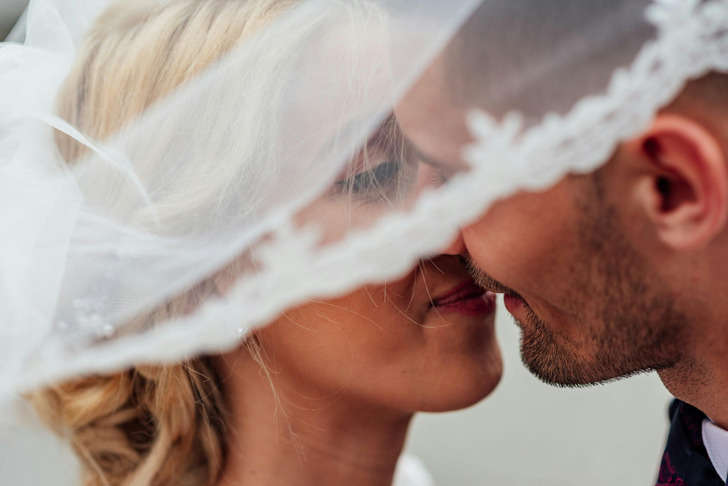Bravo!!!!
I Fought Back Against a Thief Who Stole My Spotlight
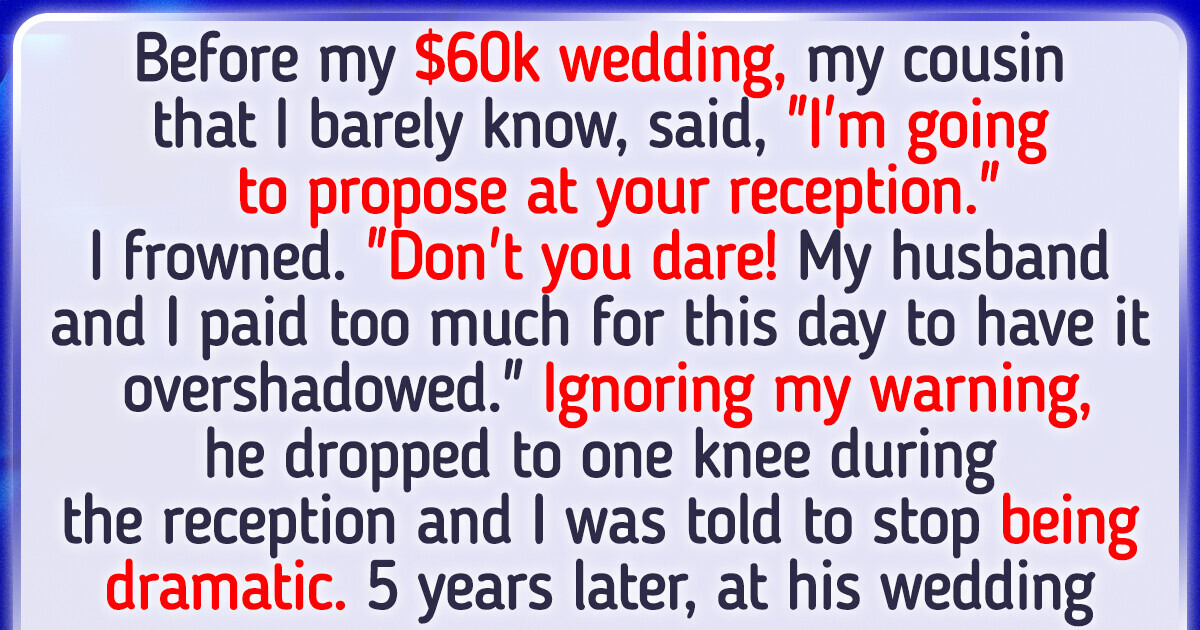
Weddings are supposed to be joyous occasions, a celebration of the union of two people in love. But they can also be a breeding ground for family drama, as many can attest. This is the story of two cousins, how they got married, and the unexpected turns family dynamics can take.
Here’s the story:
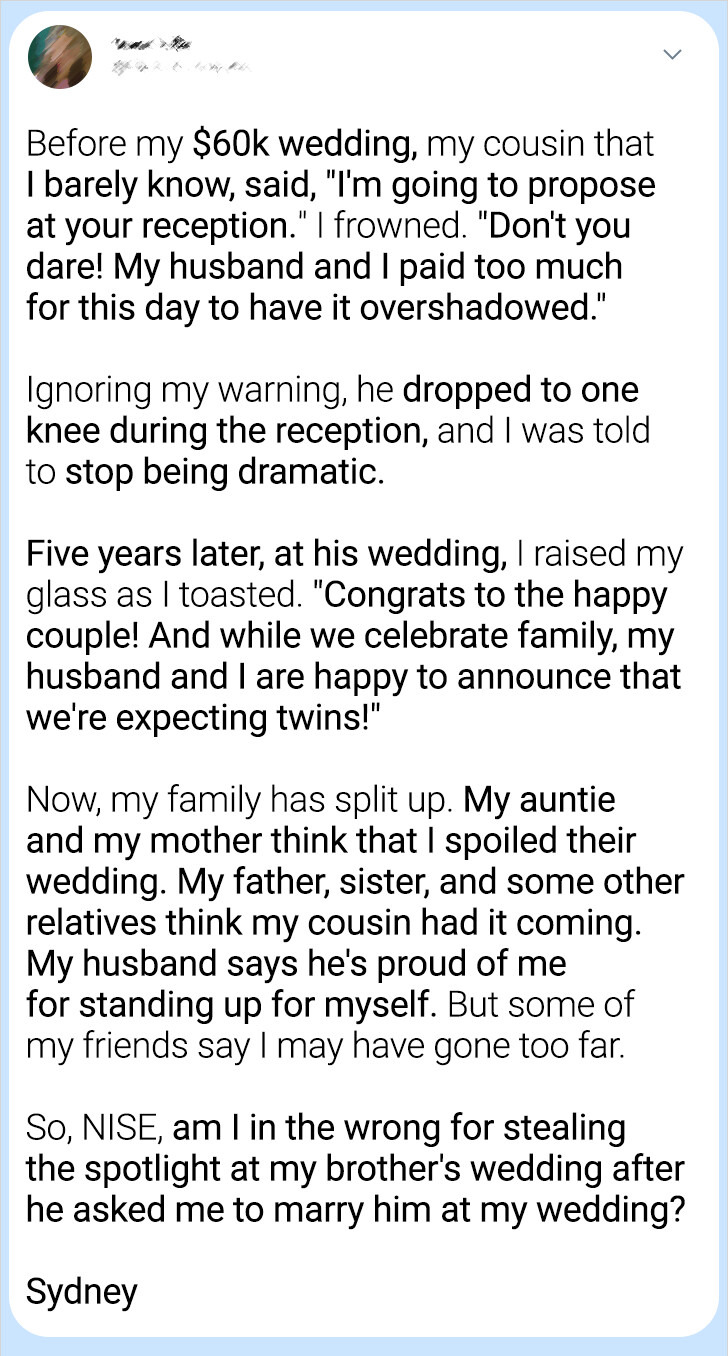
Sydney, let’s start with this: your wedding day was yours and your husband’s alone. You spent a significant amount of money and energy making it special, and you made it very clear that you didn’t want your cousin to propose at your reception. Despite that, he completely disregarded your boundaries and made the moment about himself. Worse, when you expressed how upset you were, you were told to “stop being dramatic.” That alone shows a lack of respect for your wishes and a disregard for how much that day meant to you.
A Taste of His Own Medicine
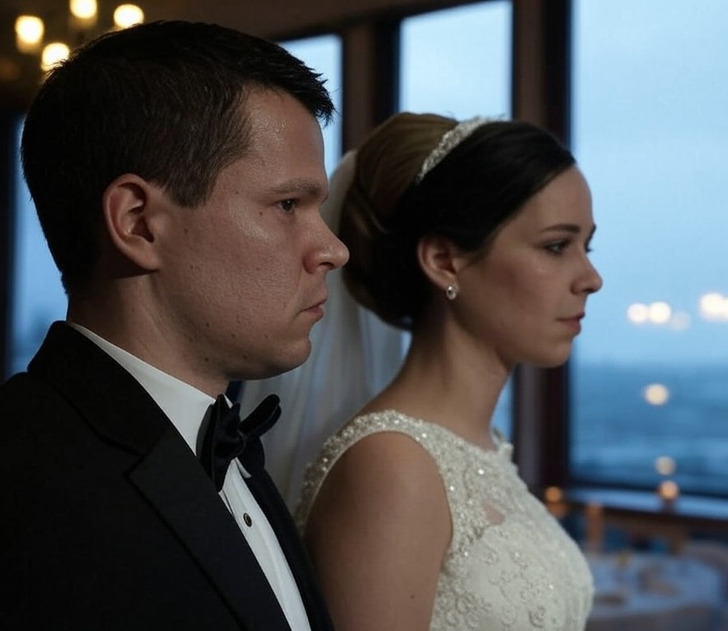
Fast forward five years, and you found yourself at his wedding with a golden opportunity. Was it petty? Yes. Was it justified? Also yes. You didn’t interrupt a major moment of his ceremony or steal his vows. Instead, you used the toasting period—a moment meant for speeches and announcements—to share your own happy news. Your announcement was about family, just like his proposal was meant to be about love, but now that the tables were turned, your aunt and mother suddenly found it offensive. Interesting, isn’t it?
The Fallout—And What It Really Means
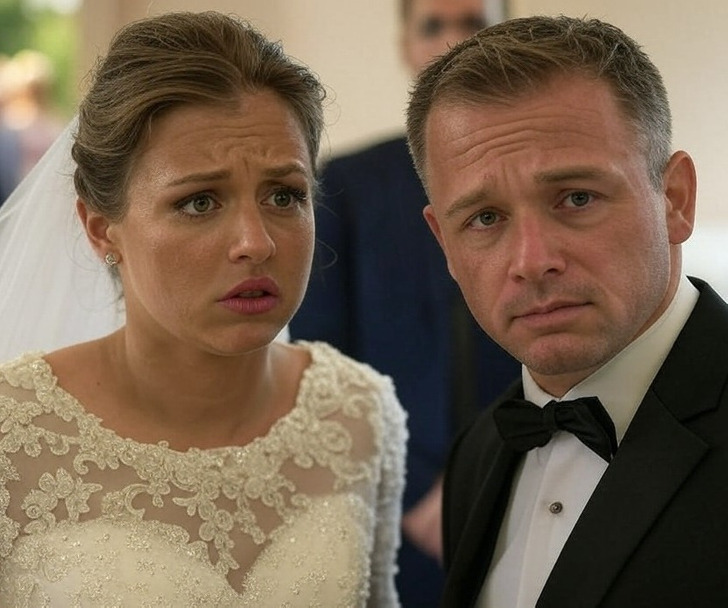
Now, your family is split. Some say you went too far, while others believe he had it coming. But let’s be honest: if your cousin had respected your wishes five years ago, none of this would have happened. What’s unfortunate is that, instead of your family holding him accountable for his disrespect back then, they’re now blaming you for reacting in a way that mirrored his actions. That double standard speaks volumes.
Right or Wrong? That’s Complicated
Sydney, life isn’t always about being the bigger person—it’s about being a person with feelings. You didn’t start this, but you sure did finish it. Did you handle it with grace? Maybe not. Was it deserved? Absolutely. The truth is, whether you were “right” or “wrong” depends on who you ask. Some people believe in taking the high road no matter what, while others think that justice—especially poetic justice—has its place.
What Really Matters Now

At the end of the day, Sydney, the past can’t be changed. What you can do is decide how you want to move forward. If keeping the peace with certain family members is important to you, maybe you extend an olive branch—not because you were wrong, but because some things aren’t worth holding onto forever. If you feel at peace with what you did, then stand by it. Your cousin made his choice five years ago, and you simply reminded him what it felt like. Fair is fair, and maybe now, he’ll finally understand why your wedding day should have been sacred, too.
Discover the story of a man who left his wife for a younger woman—only to realize, too late, that his decision came with a heartbreaking twist he never saw coming.
Comments
Related Reads
12 Jaw-Dropping Secrets People Didn’t Realize Until Later
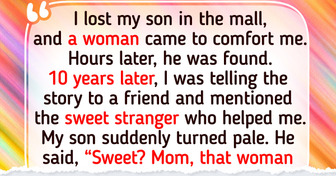
14 Famous Actors of the Past Two Decades Who Changed Beyond Recognition
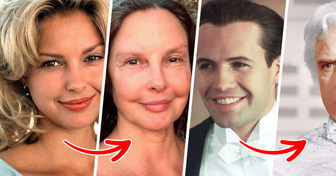
14 Celebrities Whose Daring Outfits Leave People Speechless Because of Their Details

See How 15 Iconic Movie Characters Would Look If Someone Else Won the Audition

10 Secrets People Finally Revealed — Just a Little Too Late

Baby Girl With a Rare Smile Grew Up — What She Looks Like Today Will Leave You Speechless
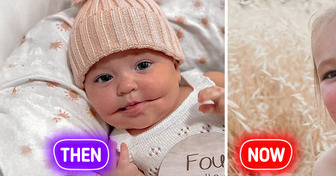
15 Celebrities Whose Transformations Over the Years Are Truly Dramatic

We Turned 15 Modern Celebrities Into Old Hollywood Icons — The Results Will Amaze You

10 Bizarre Hygiene Habits From the Past That Prove History Was Far From Glamorous

14 Stars Who Share a Birth Year but Not the Same Approach to Beauty

11 Heartwarming Stories Proving Kindness Is a True Superpower

10kg Breasts Forced a 22-Year-Old Student Into Life-Changing Surgery

